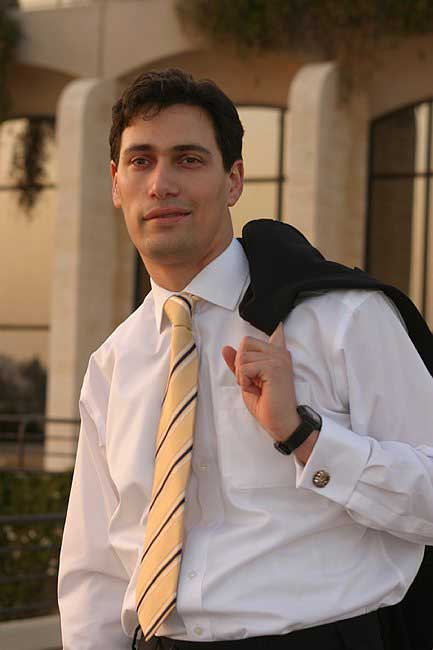The Islamaphobia myth
Ten years ago, no-one had ever heard of the word "Islamaphobia". But since 9/11, muslim and anti-racist groups have claimed that we are in the grip of an anti-muslim backlash. In particular, the Muslim Council of Britain claims that Muslims have been singled out by Britain's anti-terror laws.
Anyone curious about the rising tide of Islamaphobia should read Prospect Magazine.
Kenan Malik, who wrote the article, observes that there is a huge gap between perception and reality and claims that in actual fact, there is no basis to believe there has been a rise in Islamaphobia:
The author goes on to say that:"A total of 21,577 people from all backgrounds were stopped and searched under the terror laws. The majority 14,429 were white. Yet when I interviewed Iqbal Sacranie, general secretary of the Muslim Council of Britain, he insisted that "95-98 per cent of those stopped and searched under the anti-terror laws are Muslim."
The real figure is 14 per cent (for Asians). However many times I showed him the true statistics, he refused to budge. His figures appear to have been simply plucked out of the sky."
"Even Muslim organisations that campaign against Islamophobia find it hard to make the case that attacks on Muslims are routine. The Islamic Human Rights Commission monitored 344 attacks on Muslims in the year after 11th September. Most were relatively minor incidents such as shoving or spitting."I don't consider shoving or spitting 'minor,' but when you consider there are over 1.6 million Muslims in the UK, 344 attacks puts things in perspective.
There are many reasons why the Islamic community may want to claim there has been a rise in Islamaphobia -- for example, fear of Islamaphobia may help to consolidate a community and make it more immune from attack. However, the price is high: it is also making the Islamic community even more inward looking, hostile to outsiders, and increasingly thin skinned.
In the current climate, no one dares to criticise muslims; to be called an Islamaphobe is an enormous sin in a multi-cultural society. Now, Labour has jumped on the bandwagon. Tomorrow in Parliament, they will be proposing new legislation to outlaw incitement to religious hatred.
But why do we need a new law? It's already an offence to incite religious hatred. The 1986 Public Order Act was amended in 1998 to include the offence of "religious aggravation." A person commits an offence if he "displays any writing, sign or other visible representation which is threatening, abusive or insulting, within the hearing or sight of a person likely to be caused harassment, alarm or distress."
Labour has become unpopular amongst Muslims following the invasion of Iraq and the anti-terror laws. They are hoping the new law might just be enough to win them back. Many in the Islamic community have high hopes for the new law. Every time an article appears criticising Islamic tradition or the Islamic community, there will calls for the prosecutions.
Will it really help their cause, though? There will, in practice, be insufficient evidence to prove many of the allegations the police are called to investigate -- and probably very few prosecutions against this very vague law. I have no doubt that the Muslim community will end up feeling all the more victimised, and everyone else will feel initimidated.
As Jews, we should be all the more suspicious of this new law. We have suffered more from religious hatred than anyone, but it has been the freedom to criticise and even mock religion (namely Christianity) that has protected us rather than any blasphemy law. If Christianity has in recent decades become more tolerant it's because we've been free to criticise it and they have had to act on the criticism. To take one example, Christianity used to go out of its way to proteslytise Jews, and today is much less aggressive on this count -- because we have been free to object to this practice.
You're not helping Islam by freeing it from outside criticism. I hope that the law will be defeated tomorrow -- and it will be all the better for multi-culturalism (that is, encouraging all cultures in Britain to respect each other), if it is.


<< Home